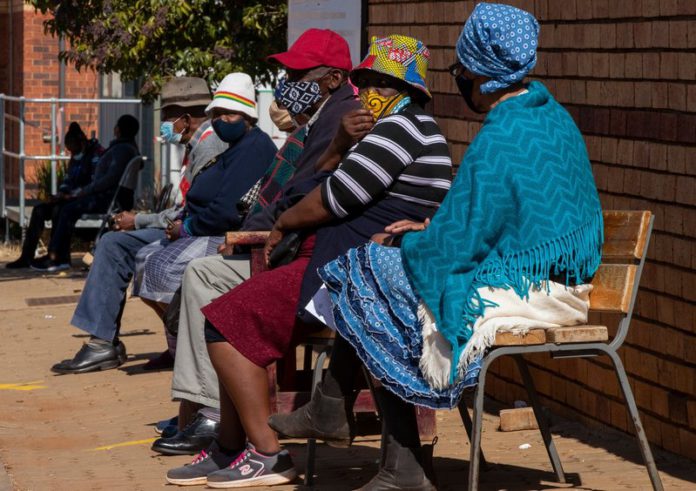A sudden, sharp rise in coronavirus cases in many parts of Africa could amount to a continental third wave, the World Health Organization warned on Thursday, a portent of deeper trouble for a continent whose immunization drives have been crippled by shortfalls in funding and vaccine doses.
The W.H.O. an arm of the United Nations, said test positivity had risen in 14 African countries over the last seven days, with eight reporting a surge of over 30 percent in new cases. Infections are steadily climbing in South Africa, where four of nine provinces are battling a third wave.
There has also been a sharp increase in cases in Uganda, with hospitals overwhelmed with Covid patients and the authorities mulling a lockdown.
The W.H.O. attributed the rise to loose compliance with social restrictions, and increasing travel along with the arrival of the winter season in southern Africa.
Experts also believe the spread of new coronavirus variants — like those first identified in Britain, India and South Africa — is contributing to the surge and the ensuing rise in deaths. While Africa has reported less than 3 percent of global coronavirus cases, the W.H.O. said the continent accounted for 3.7 percent of total deaths. And that is almost certainly a severe undercount, since in the vast majority of countries on the African continent, most deaths are never formally registered.
“The threat of a third wave in Africa is real and rising,” Dr. Matshidiso Moeti, the W.H.O. regional director for Africa, said in a statement. “It’s crucial that we swiftly get vaccines into the arms of Africans at high risk of falling seriously ill and dying of Covid-19.”
While many wealthier countries have vigorous vaccination campaigns and some are on track to fully reopen, many of Africa’s poorer countries face a huge challenge in accessing vaccines.
Out of a continental population of 1.3 billion people, only 31 million have received at least one dose, Dr. Moeti said. Seven million are fully vaccinated. In Kenya, one of Africa’s biggest economies, with more than 50 million people, only 1,386 have received two doses of a vaccine.
Countries like Ghana and Rwanda have run through their first deliveries of vaccines through Covax, the global facility working to ensure the equitable distribution of vaccines.
Vaccine hesitancy has afflicted the rollout in nations like Malawi, while concerns over rare blood clots and limitations in inoculation capacity pushed the Democratic Republic of Congo to donate millions of doses to other African states before they expired.
The rising cases, the W.H.O. warned, could overwhelm already creaky health care systems that are struggling with limited intensive care beds, oxygen and ventilators. To forestall a full-blown crisis, Dr. Moeti urged “countries that have reached a significant vaccination coverage to release doses and keep the most vulnerable Africans out of critical care.”

